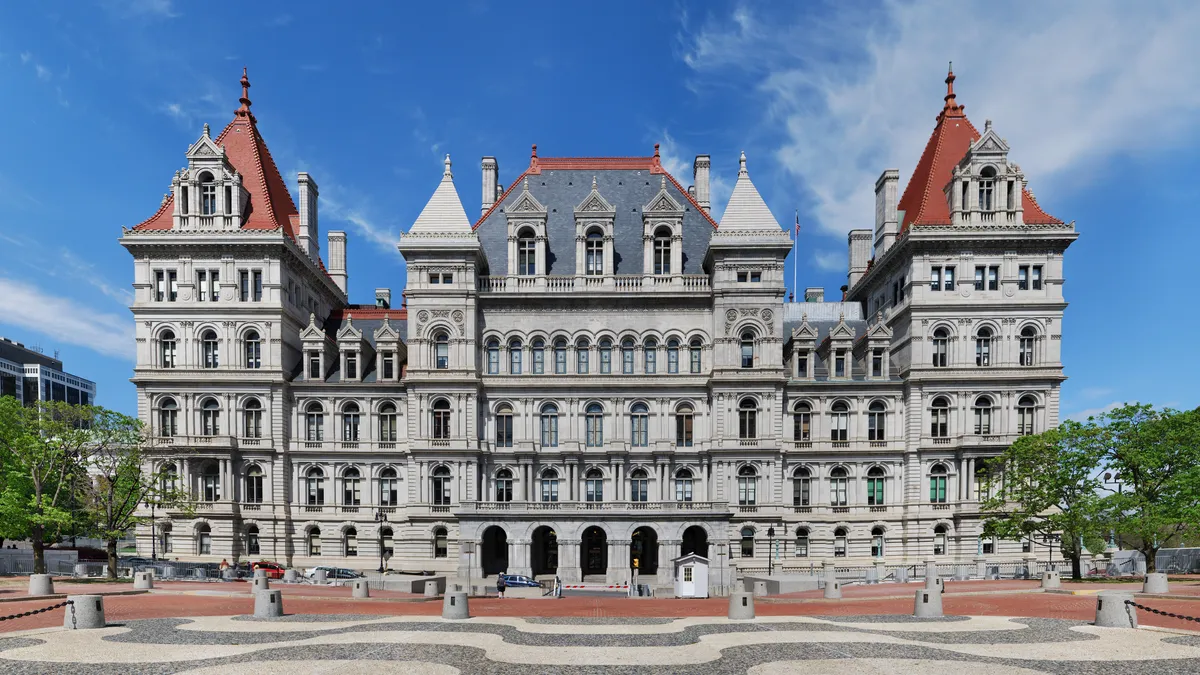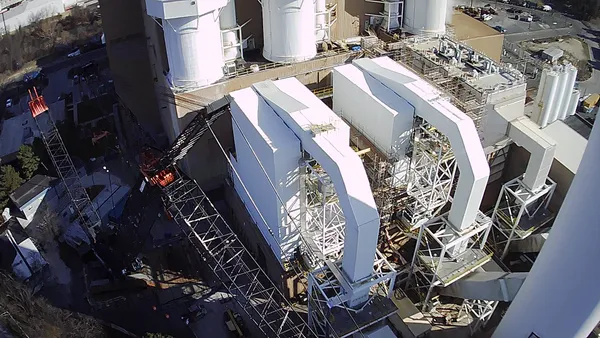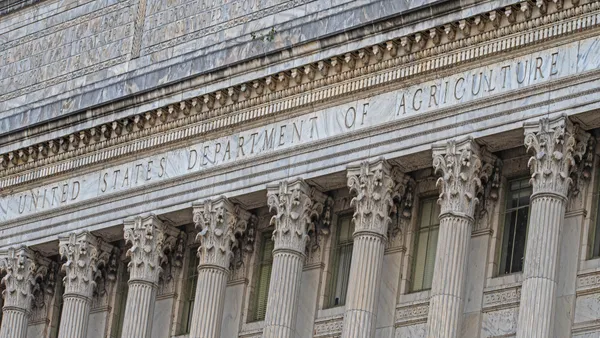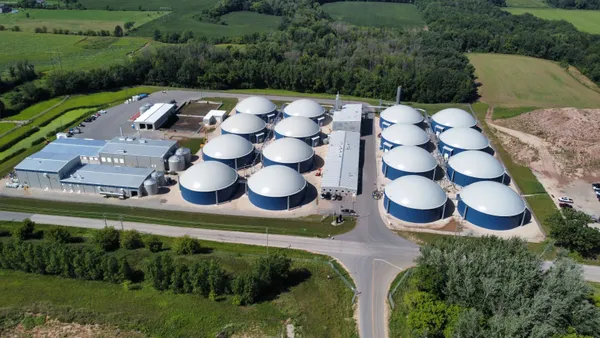UPDATE: June 21, 2018: The New York State Assembly failed to pass A11214, meaning efforts to advance this proposed law are effectively stalled until the legislature returns for regular session in 2019. The last action on this bill was unanimous approval from the Assembly Ways and Means committee on June 19.
Circular enerG heralded this result and pushed back in a detailed statement, calling the bill's claims "science fiction" and "bogus."
"The New York State Assembly acted responsibly by declining to pander to NIMBYs and junk science by declining to consider a law to pull the Circular enerG waste-to-energy project out of the state Article 10 process. This technology is the best option for trash, and results in huge environmental benefits compared to landfills, including lower emissions of greenhouse gasses, and no odors or emissions of harmful levels of toxic air pollutants," wrote Attorney Alan Knauf.
Dive Brief:
- The New York State Senate unanimously passed a bill on June 18, S8109, that would "exclude major electric generating facilities which generate electricity from the combustion or pyrolysis of solid waste or fuel derived from solid waste from an expedited power siting process."
- This bill is directed at a specific proposal from Circular enerG to build a waste-to-energy (WTE) combustion facility in the town of Romulus. The company plans to go through the expedited Article 10 process of the state's Public Service Law rather than obtain local zoning approvals.
- Seneca Lake Guardian, an environmental group, recently sent a letter to state leaders co-signed by nearly 500 businesses in support of the bill. A matching bill, A11214, would now require approval from the state Assembly for this to move forward.
Dive Insight:
Public opposition has grown since Circular enerG first announced this project last year. The proposed $365 million facility would have capacity for up to 2,640 tons of waste per day and generate an estimated 50 MW of energy. It was originally envisioned to open by the end of 2021, though that timeline is now less certain.
More than two dozen local and county governments have come out against the project so far, along with Democratic Gov. Andrew Cuomo, in a mounting show of solidarity. With the Finger Lakes area currently home to two large landfills — Waste Management's High Acres and Waste Connections' Seneca Meadows — public opinion is already skewed against the notion of any new waste infrastructure.
Meanwhile, Circular enerG is eyeing approval through the state's Public Service Commission siting process despite this lack of local support. The company also recently filed a lawsuit against the Romulus Zoning Board of Appeals.
While the legislation in question is targeted at this project — it's titled "The Finger Lakes Community Act of 2018" — the language could also end up affecting future WTE proposals throughout New York. Not only would it block the expedited Article 10 option for such projects, it would essentially take a stance against the technology entirely.
"Fundamentally, trash incinerators are not effective mechanisms for electricity generation, often producing less electricity than is expended to [burn] waste materials, and at a higher cost. They also produce toxic ash from burning a range of solid wastes which can vary widely in chemical output, making compliance with emissions and toxic waste limits difficult. These facilities are effectively solid waste landfills which contravene New York's goals to increase recycling rates..." reads ones section.
Whether or not this bill ends up passing before legislators end their 2018 session later this week, it represents a relatively rare case of waste-related issues escalating to merit statewide attention.















